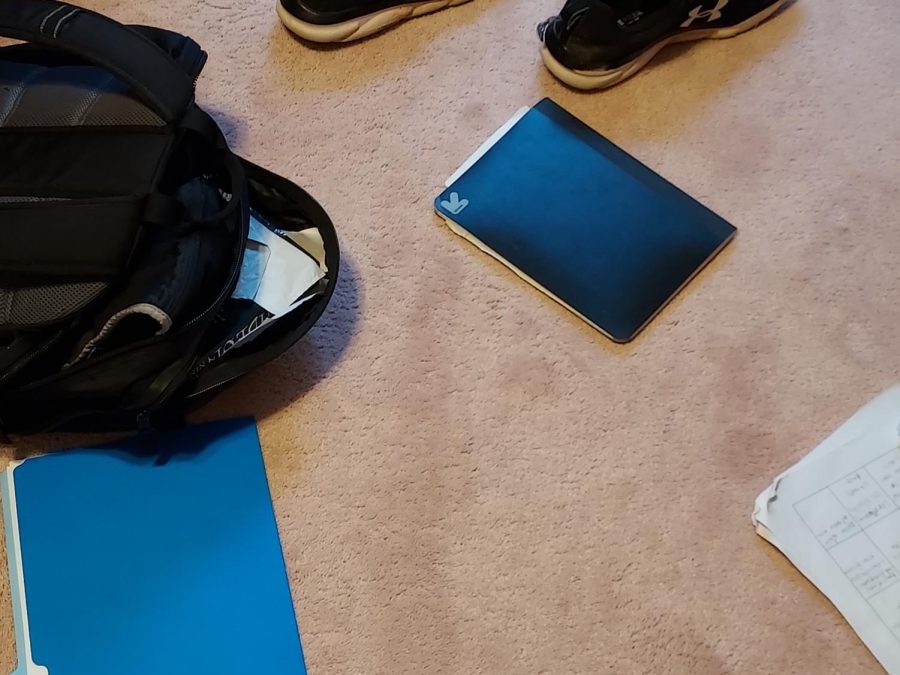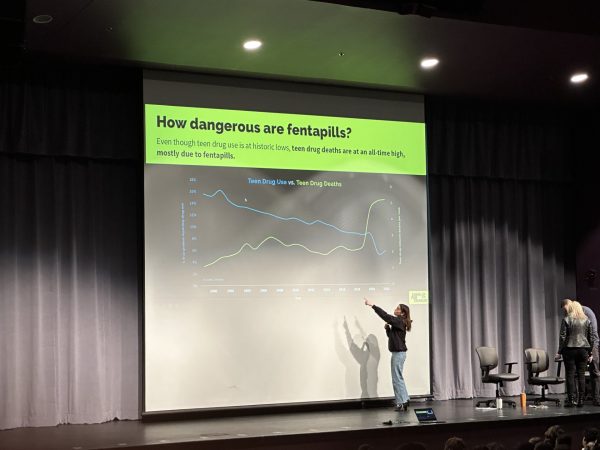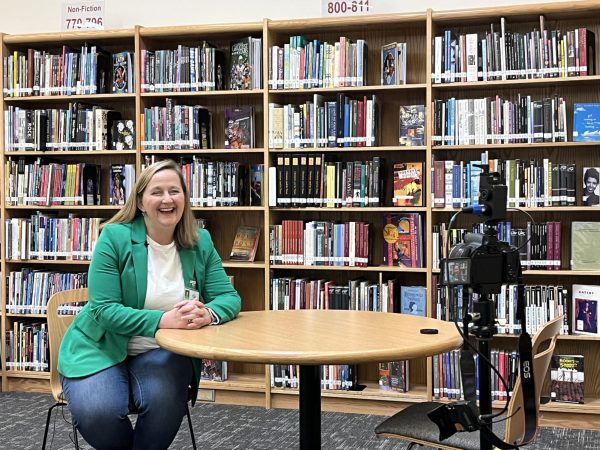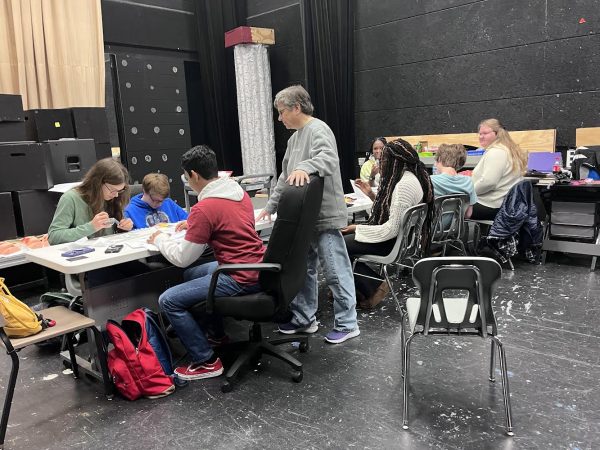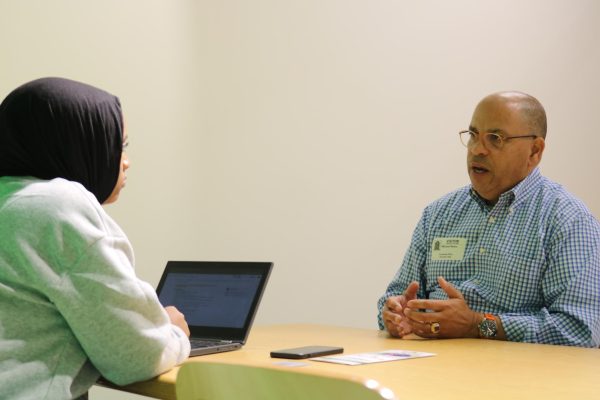Senioritis Is Rearing Its Ugly Head Again
Students are starting to feel the pull towards senioritis now that a lot have chosen their path for next year.
One of the most well known characteristics of senior year is senioritis, commonly known for seniors who seem to burnout in the final months of their last year at high school. With college applications done and acceptances starting to pour in, the standard coursework of Dominion feels less and less important.
The term has been in use for a long time. Ben Coopage notes that he heard the term senioritis around, “a few years ago” from another senior. Teachers have been hearing it for even longer; English teacher Bruno Yupanqui notes that he heard it “my first year of teaching and when my first student was accepted into college”, while Jennifer Rodgers notes that she heard it, “my first day teaching at Dominion in 2005.”
In terms of the size of the problem, however, opinions are divided among the teachers. Yupanqui notes that he believes it to be a “very big” problem, although he thinks that it mostly depends on the student and their course load. In contrast, Rodgers thinks that it’s, “no bigger of a problem amongst the student body than slothfulness is amongst the population in general.”
For the student perspective, Coopage stated that he believes that he suffers from senioritis “somewhat, but it’s mainly in the form of thinking I can get work done in a smaller amount of time than reasonably possible.”
Regardless, senioritis does exist and both students and teachers have different ideas on how to solve it.
“I think that [teachers] should know that most of us know where we are going next year by the 3rd and 4th quarter,” said Coopage, noting that much of the work during that period doesn’t feel as meaningful as the eventual goal that students have after graduation. For a solution, he suggests that teachers tone down the work that they give towards the end of the year.
Rodgers, on the other hand, thinks that it’s the quality of the work that matters. “Seniors will do work if it is engaging and/or they see value in it,” she said.
For Yupanqui, there’s not an easy answer, but he does have an idea for what could help for his own class, English 12. “I acknowledge it with students and make clear the expectations I have for them. It’s a mix of handling it with care while also maintaining high expectations,” he said.

Aidan Mason is a second year reporter for DHS Press. He joined DHS Press in order to write something that someone might actually publish. When he's not...



